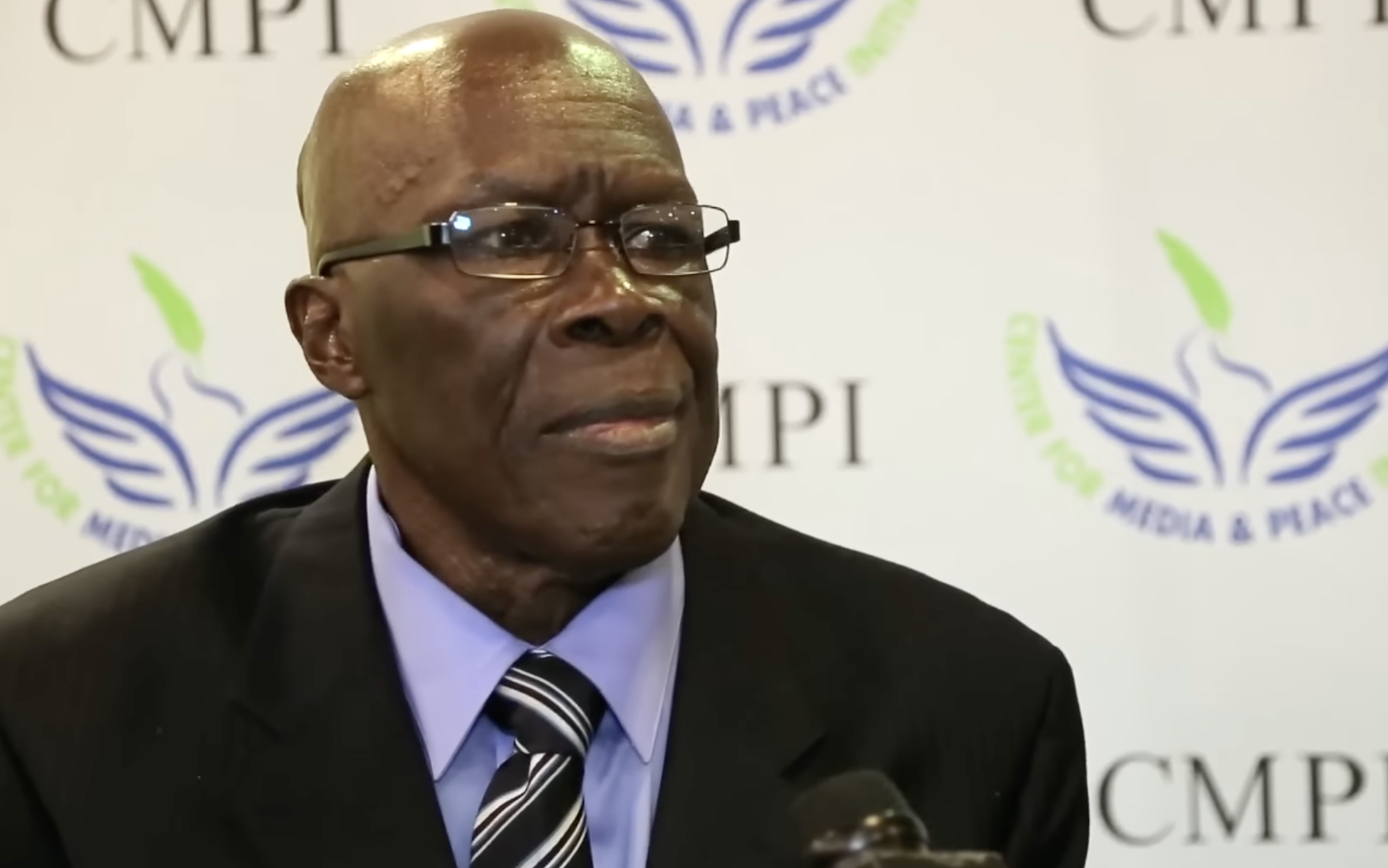Rising Rice Prices Become Key Political Issue in Japan

Japan is currently facing a significant crisis characterized by rice shortages, stemming from disruptions in the supply chain. These shortages have led to a near doubling of rice prices within a year, fueling widespread public frustration over rising inflation and creating a volatile political climate as voters may express their discontent in the upcoming upper house elections.
From the perspective of rice farmers like Satoshi Yamazaki, who practices organic farming in the Niigata region, the situation is complex. While Yamazaki acknowledges that high rice prices are "troubling" for ordinary people, he highlights the persistent issue of thin profit margins for producers. He points to a significant "gap between shop prices and what farmers sell rice for to traders and the like," emphasizing that "not all the money paid at shops becomes our income."
Several factors have converged to create these shortages. An intensely hot and dry summer two years prior significantly damaged rice harvests across the nation. Compounding this, some traders have reportedly been hoarding rice to inflate future profits. Furthermore, the situation was exacerbated by a wave of panic-buying last year, triggered by a government warning about a potential "megaquake" which ultimately did not occur.
Adding to the demand-side pressures, the increasing cost of imported food has led to a surge in the popularity of domestically produced rice. Simultaneously, Japan has experienced record numbers of tourists, whose consumption patterns are also cited as a contributing factor to the heightened demand for rice.
In response to the crisis, the Japanese government initiated measures to alleviate the burden on consumers and restaurants. Since March, emergency stockpiles of rice have been tapped, a step previously reserved for disaster situations. Farm Minister Shinjiro Koizumi further pledged to expedite price reductions by selling this stockpiled rice directly to retailers. This strategy has seen some success, with reports of long queues at shops and the average retail price for five kilograms of rice decreasing for a second consecutive week to 4,223 yen from a peak of 4,285 yen in May.
Despite these government efforts, criticisms have emerged, particularly from opposition politicians with the upcoming elections in mind, and from online commentators. These critics have disparagingly labeled the reserve rice as "old," with some going as far as to compare its quality to that of animal feed.
Analysts point to a more systemic issue contributing to the current rice scarcity: Japan's long-standing policy of reducing land dedicated to rice farming. Initiated in 1971, this "acreage reduction" policy aimed to support rice prices, which were declining due to falling domestic demand as Japanese dietary habits changed. Under this directive, farmers were incentivized to decrease rice cultivation in favor of other crops. Consequently, the land area used for rice paddies (excluding livestock feed) plummeted from a peak of 3.3 million hectares in 1960 to below 1.4 million hectares in 2024.
Although the acreage reduction policy was officially abolished in 2018, its effects linger. The government has continued to implement measures, such as incentives, that encourage farmers to shift production away from rice towards other commodities, including soybeans, effectively perpetuating the trend of reduced rice cultivation.
The agricultural sector in Japan faces additional challenges from demographic shifts, notably an ageing population. Many rice farmers are elderly, and their children often show no interest in continuing the family business. Agronomy expert Kazunuki Oizumi, professor emeritus of Miyagi University, highlights that eighty percent of rice farmers operate on a part-time basis with less than two hectares of land, and collectively, they contribute only about 20 percent of the total rice production. For these part-time farmers, their primary income often derives from other employment or pensions.
Critics of the long-standing agricultural policies are becoming more vocal. Toru Wakui, chairman of a large-scale farm in the Akita region and a long-time opponent of acreage reduction, argues that Japan should actively pursue an increase in rice production and explore export opportunities in foreign markets. He contends that focusing solely on the domestic market while increasing output would inevitably lead to price drops, thus necessitating a global outlook. Wakui, aged 76, believes that "the 55 years of acreage reduction destroyed Japan's agriculture" and recently urged Farm Minister Koizumi in a letter to "declare an expansion in rice production."
Beyond simply increasing production, Wakui proposes structural reforms to revitalize the agricultural sector. He suggests that Japan should consider establishing a scheme designed to assist young individuals in starting agricultural businesses. This program would aim to alleviate the significant burden of initial investments in land and machinery, potentially by involving other sectors such as banks and trading companies in its framework.
The escalating rice crisis and broader inflationary pressures have had tangible political consequences, with public support for Prime Minister Shigeru Ishiba's government reportedly falling to its lowest point since he assumed office in October. Local media attribute this decline in part to these economic woes. Addressing parliament, Prime Minister Ishiba acknowledged that increasing rice production is "an option" for tempering prices, yet he also stressed the importance of balancing this with concerns for national food security and the economic well-being of rice producers.
Reflecting on the situation, farmer Satoshi Yamazaki offers a pragmatic view, suggesting that the consumer desire for "cheap rice with high quality" might be an unrealistic expectation. He expressed that farmers are somewhat "baffled by the limelight" suddenly cast upon them due to the crisis. However, Yamazaki also sees a silver lining, viewing the current attention as "a good opportunity for the public to think about how rice is produced" and the complexities involved in bringing it to their tables.









